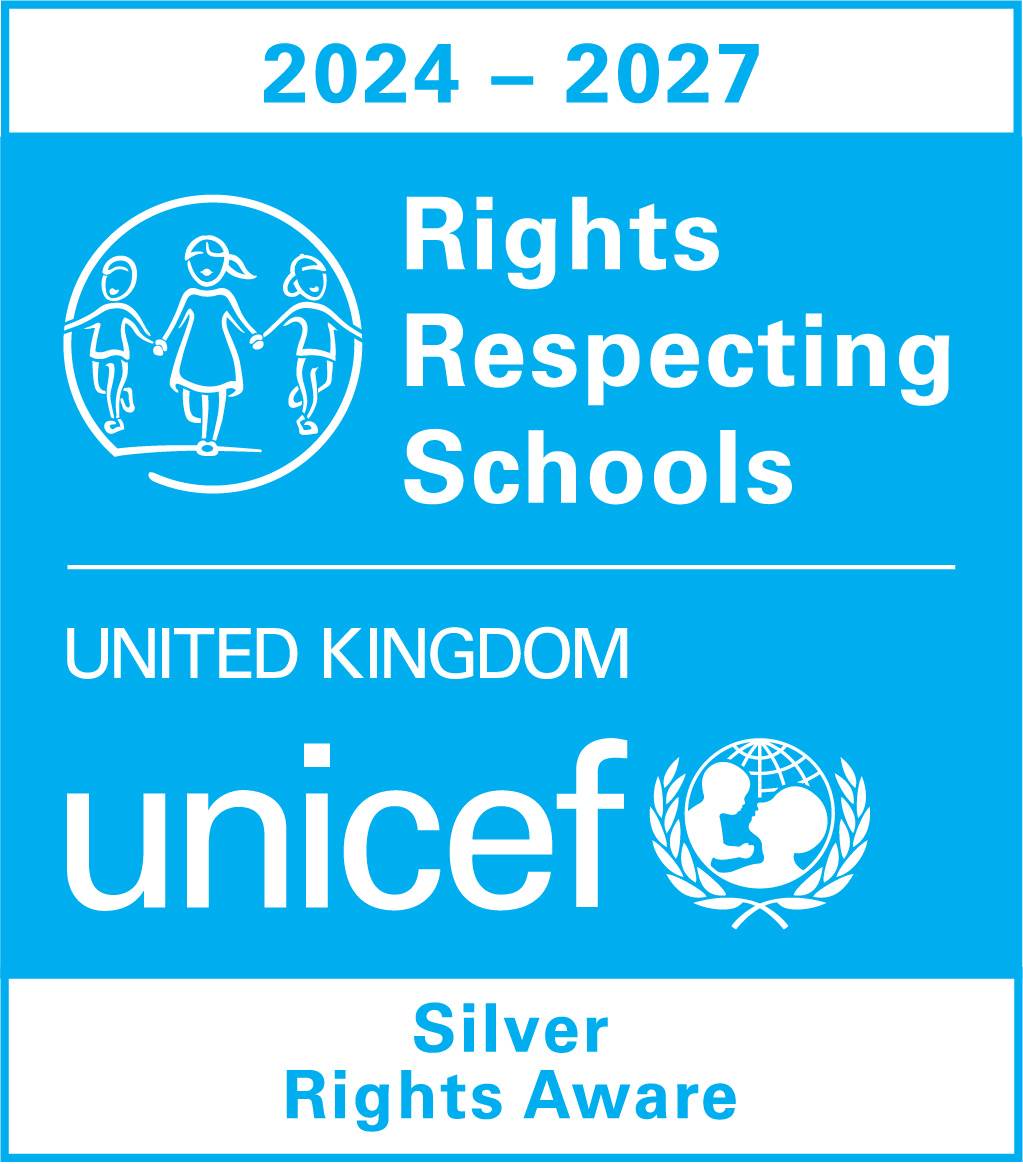Equity, Diversity, and Inclusion

Our Vision
The Edinburgh Academy is proud to celebrate and promote equity, diversity, and inclusion. We understand that our school is stronger, more supportive, and more welcoming by being a diverse and inclusive community. At the Edinburgh Academy we want to welcome students and staff from all ethnicities and from all socio-economic backgrounds.
There are six key strands to our approach to DEI:
The Curriculum: students in the School participate in a weekly programme of seminars and lectures in which the many aspects of Personal, Social, Health and Economic Education are discussed.
Bursary Provision: The Edinburgh Academy has a solid foundation to support means-tested places at the School. This provides 100%+ bursary support for students who could not otherwise afford an Edinburgh Academy education.
Partnerships: We are proud of our broad and deep range of mutually sustaining and beneficial partnerships. Some have been going for many years, others have started recently.
Student leadership: All students and staff play a part in shaping the culture of the School. We have developed a structure of student leadership and feedback that seeks to ensure all voices are heard.
Staff Development and Learning: A willingness to accept that we still have a lot to learn and have changes to make is very much part of our desire to be inclusive and open to all.
Staff Recruitment: We are committed to recruiting the best candidates from a diverse range of backgrounds and to helping all colleagues to thrive when at The Edinburgh Academy. If you would like to learn more about working at The Edinburgh Academy, then please do contact us by email at humanresources@edinburghacademy.org.uk





